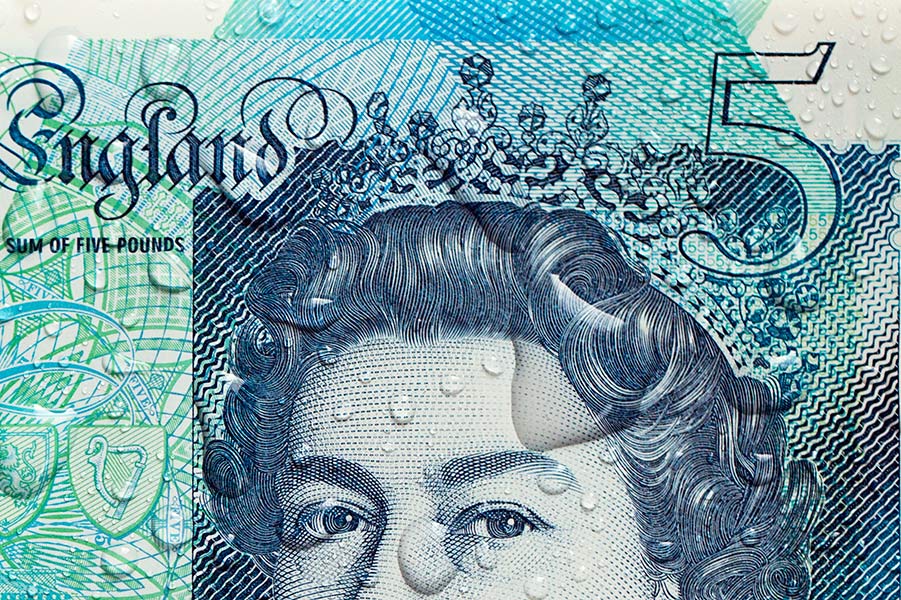So, does the title appears a bit odd to you? it does? Good, then let’s get up to our necks in it all and get into deep water!
Like most things in your life the answer has sat on the bridge of your nose all your life.
Today I will let you into one of the best kept secrets in finance, but just a little bit, I don’t want to blow your mind too much in one go.
Most people are taught what they need to know, just enough to do a certain job at a certain level, and no more. I’ve been in finance for a very long time and go beyond what the books teach, because learning only really begins after you leave school.
Nearly everyone I talk to has no clue what a bank really is, or how it works, they also don’t know what the name ‘Bank’ refers to, and with such busy lives why should they? After all, we all love watching ‘Love Island’ ‘Strictly come dancing’ ‘Netflix’ ‘Prime’ ‘Sky’ etc. to distract us after a long day earning a living. Then at the weekends everything else is attempted in two short days; that really sounds like most have the ‘week-end of the deal’.
So, why are Banks called Banks?
Well, the world of law and commerce runs on the ‘Law of the Water’.
So, a Bank traded on the side of the riverbank, where commerce took place, simple isn’t it.
Riverbanks, such as the Nile in Egypt, often flooded, leaving the banks covered in water and valuable mineral deposits, good for fertilization. This is where the term ‘Deposit’ comes from because it holds value.
All rivers run via a strong current, and so as the current runs past the Bank it allowed the formation of ‘Current accounts’, because these are your ‘liquid’ accounts. Money ‘flows’ quickly through your fingers when you access your ‘Current Account’. The riverbanks direct the flow of the current through the twists and turns to its final destination.
Are you getting it yet?
All rivers eventually run into the Sea, and the Banks direct the Currents into the Sea and become ‘Currency’. After all, you have to ‘remain afloat’ and ensure you don’t become ‘bankrupt’, otherwise the ‘loan-sharks’ might come after you.
It’s good to keep your ‘head above water’ and perhaps just ‘dip your toe in to check the temperature, before you invest’.
Other financial ‘water’ meanings:
To trade you need to ensure you’re using proper legal ‘Tender’, and you might need keep ‘afloat’ financially. If you work in a shop, then you will use your ‘Float’ in the morning in your till. This will be important if you have a ‘Sale’ on, better get your best ‘Sailsmen’ on the job! It’s important for all businesses to have a ‘steady cash flow’.
You need to put out the shops ‘Merchandise’ for Sail. Mer meaning water of course and chant is a repetitive sound, as in Mermaid. It might be a ‘Liquidation sale’.
‘Cash’ is from the French ‘Casse’ meaning ‘broke’ which is why when you are out of money you are said to be ‘broke’.
‘Cash’ also came from the Italian ‘cassa’ for ‘cash, case’ and the Latin ‘capsa’ meaning ‘locker, box, satchel, church, nave.’
I’m sure I could continue to sail on all day through this subject; however, I have a ‘relation-ship’ to maintain, and if I tell you too much I might be concerned about my ‘Citizen-ship’, but I don’t ‘wor-ship’ at the alter of money.
I’ll make a ‘Deal’ with you, I’ll come back to this subject if we get enough comments. ‘Deal’ is a plank of softwood on the deck of a ship, in commerce to get a ‘good deal’ was to refer to the area where certain goods were sold on the decks of merchant ships in times past. The deals were quite literally made on the ‘Deals’ of the ship.
Please ensure you don’t end up on the rocks, after you have read this. Can you think of any other financial/money sayings which are water relating? I am sure I have missed out quite a few.


